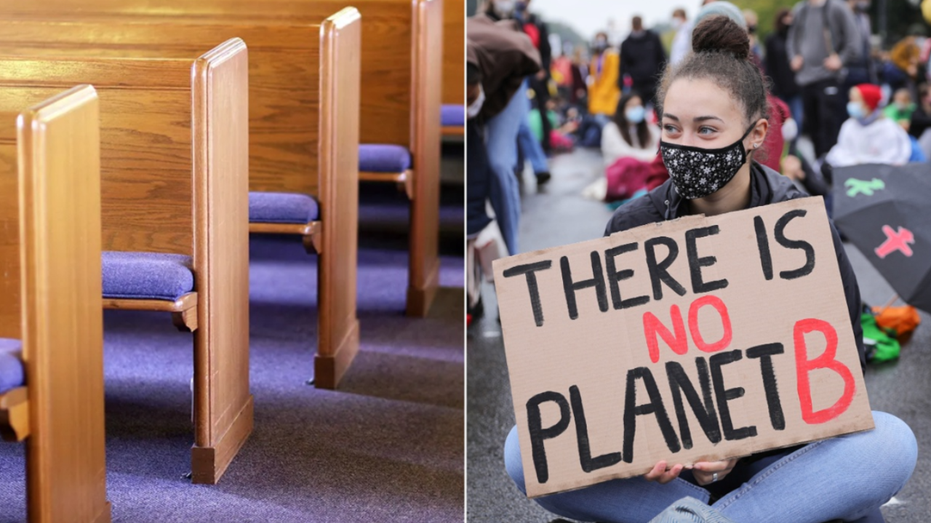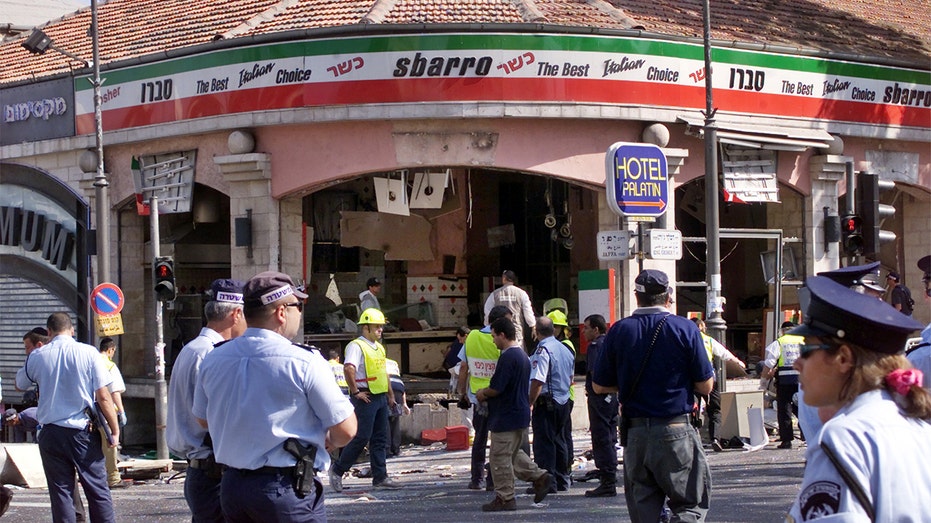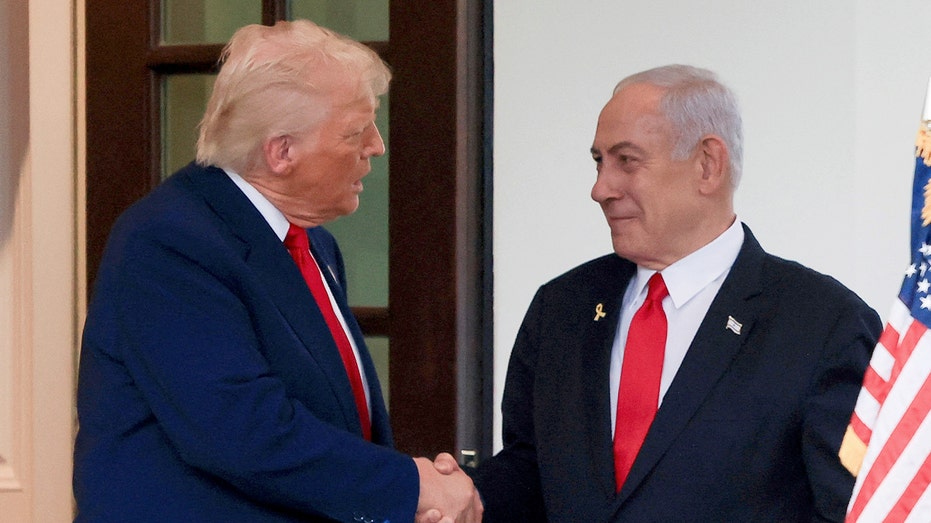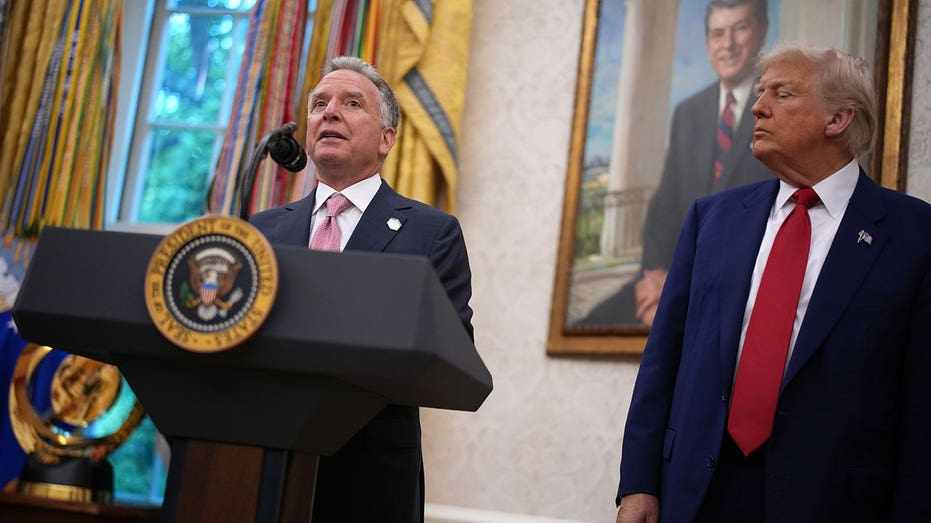World Church Council Stirs Debate by Championing Climate Justice During Holy Week

Sarah Johnson
April 19, 2025
Brief
The World Council of Churches urges global churches to champion climate justice, sparking debate during Holy Week about faith, environmental activism, and the church's political role.
The World Council of Churches (WCC), a major voice in global Christianity, ignited a heated conversation this Holy Week by urging churches worldwide to embrace what it calls a "moral imperative" for climate justice. The message, delivered as billions of Christians mark the days leading up to Easter, came via a post on the WCC's website and was quickly echoed across social media.
The WCC spotlighted its recent collaboration with the National Council of Churches in Bangladesh, hosting a climate litigation training in Dhaka on April 11. The session aimed to empower churches to take legal steps in the fight for climate justice—a bold move that didn’t exactly fly under the radar.
On Thursday, the WCC doubled down, posting on X that the "climate crisis isn’t siloed—neither should our solutions be," and promoting a nexus approach connecting land, water, and food justice. Clearly, the organization sees churches as key players in a wide-ranging environmental crusade.
Rev. Prof. Dr. Jerry Pillay, WCC general secretary, emphasized from Bangladesh that, "Amidst the poly-crises the world is experiencing now, the role of churches and other faith actors in terms of our contributions to climate justice is more important than ever. Our moral voice is necessary for the urgently needed system changes."
Adding a practical edge, the WCC recently unveiled new legal resources to help churches hold financial players responsible for their climate impact—framing these moves as investments in hope for the next generation.
Not everyone is singing in the same choir. Dan Turner, founder of Power The Future, compared the climate push to Christianity’s "long battle against paganism," suggesting some climate activists are "hiding behind" environmentalism to advance an agenda. He also argued that nations with strong Christian traditions already lead in environmental stewardship.
Gabriella Hoffman from the Independent Women’s Forum’s Center for Energy & Conservation pointed out that while churches often teach stewardship of the earth, climate justice activism can go further, sometimes pitting human needs against the needs of nature. She believes there’s room for balance, rather than an either-or approach.
Steve Cortes of the League of American Workers and Catholic Vote took issue with the WCC’s timing, arguing that Holy Week should focus on Christ’s sacrifice, not "advancing climate hysteria." He worries the church risks sowing fear when it should be spreading faith—a classic Holy Week debate if ever there was one.
The WCC itself isn’t new to political controversy. Representing over 580 million Christians in 352 member churches across more than 120 countries, the group has a long record of championing liberal causes. According to NGO Monitor, some of its subgroups have even been linked to anti-Israel campaigns and BDS initiatives.
Last year, the organization supported the International Criminal Court’s arrest warrant for Israeli Prime Minister Benjamin Netanyahu, and previously called for urgent humanitarian action in Gaza, highlighting the complex, ongoing debates within faith-based activism and global geopolitics.
Topics
Editor's Comments
Only in 2025 could Holy Week become a battleground for climate litigation strategy and global justice debates. Somehow, I doubt the apostles ever pictured their spiritual descendants arguing over carbon credits and legal toolkits between Easter services. But hey, if climate change can bring together land, water, and food justice under one church roof, maybe someone should start selling tickets.
Like this article? Share it with your friends!
If you find this article interesting, feel free to share it with your friends!
Thank you for your support! Sharing is the greatest encouragement for us.



